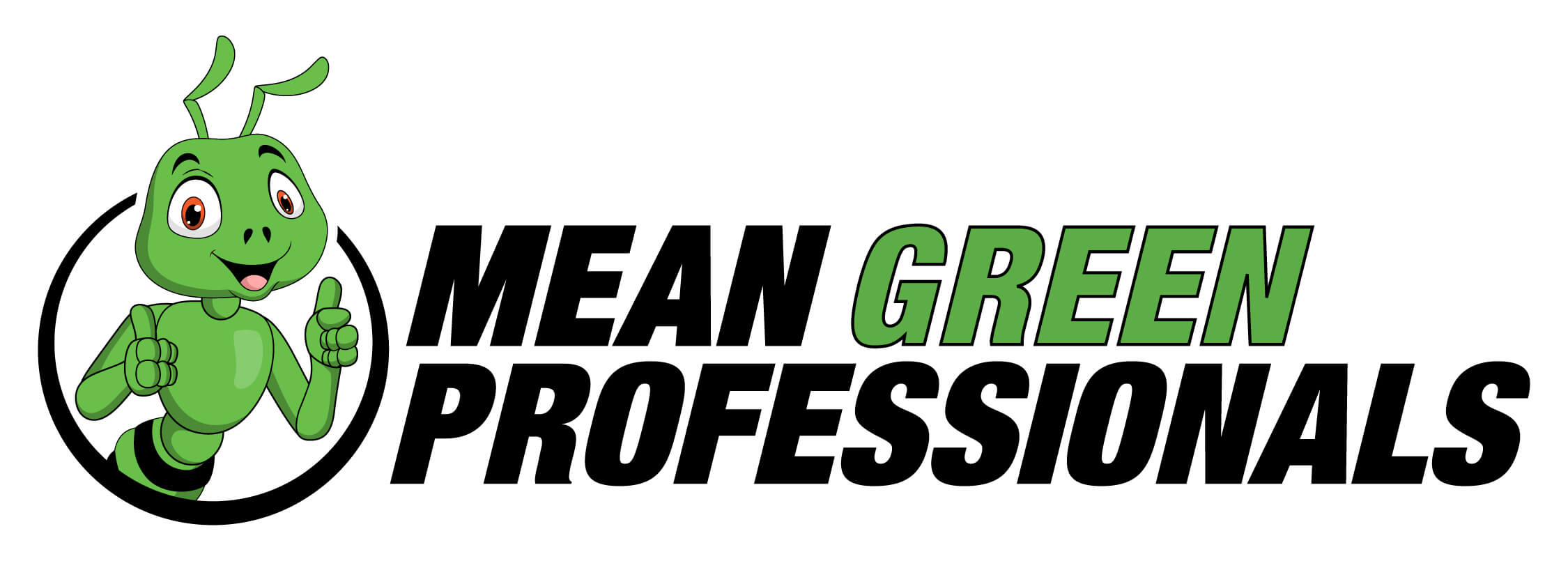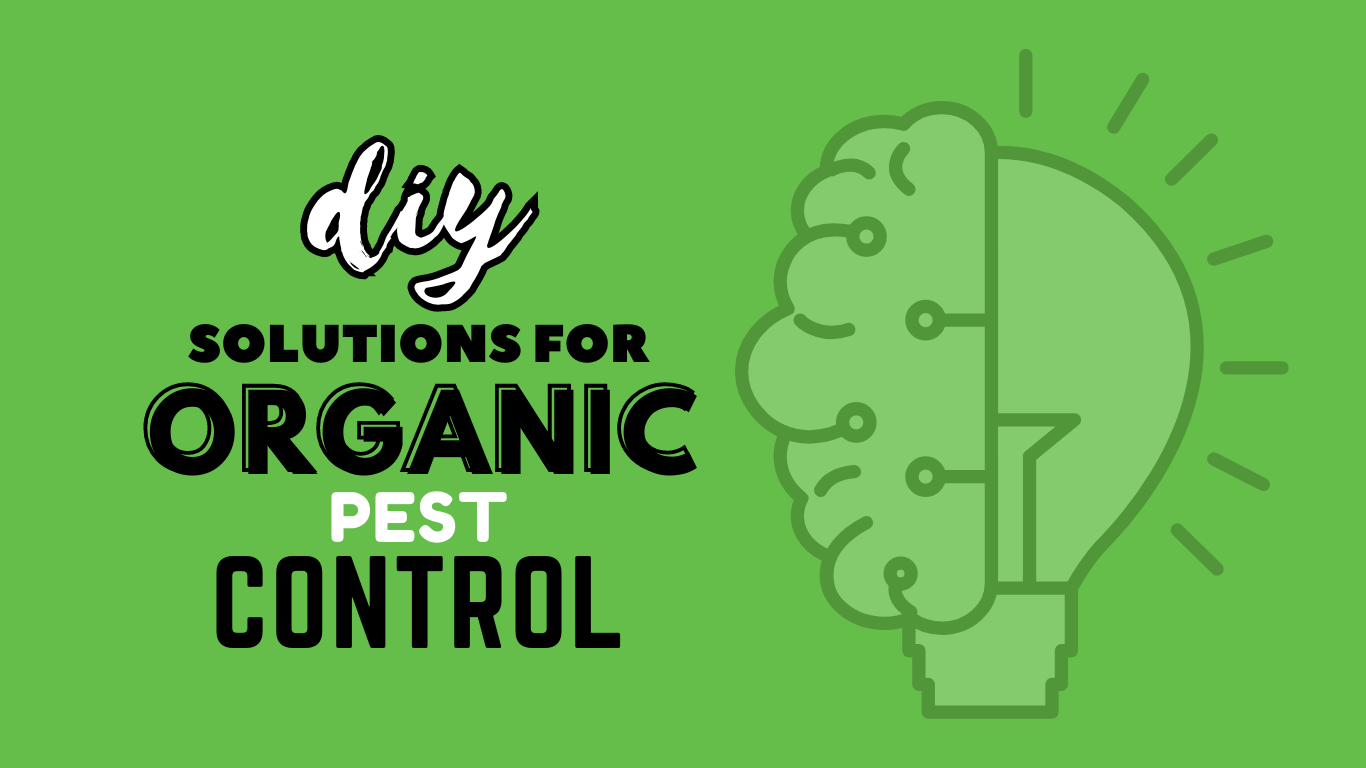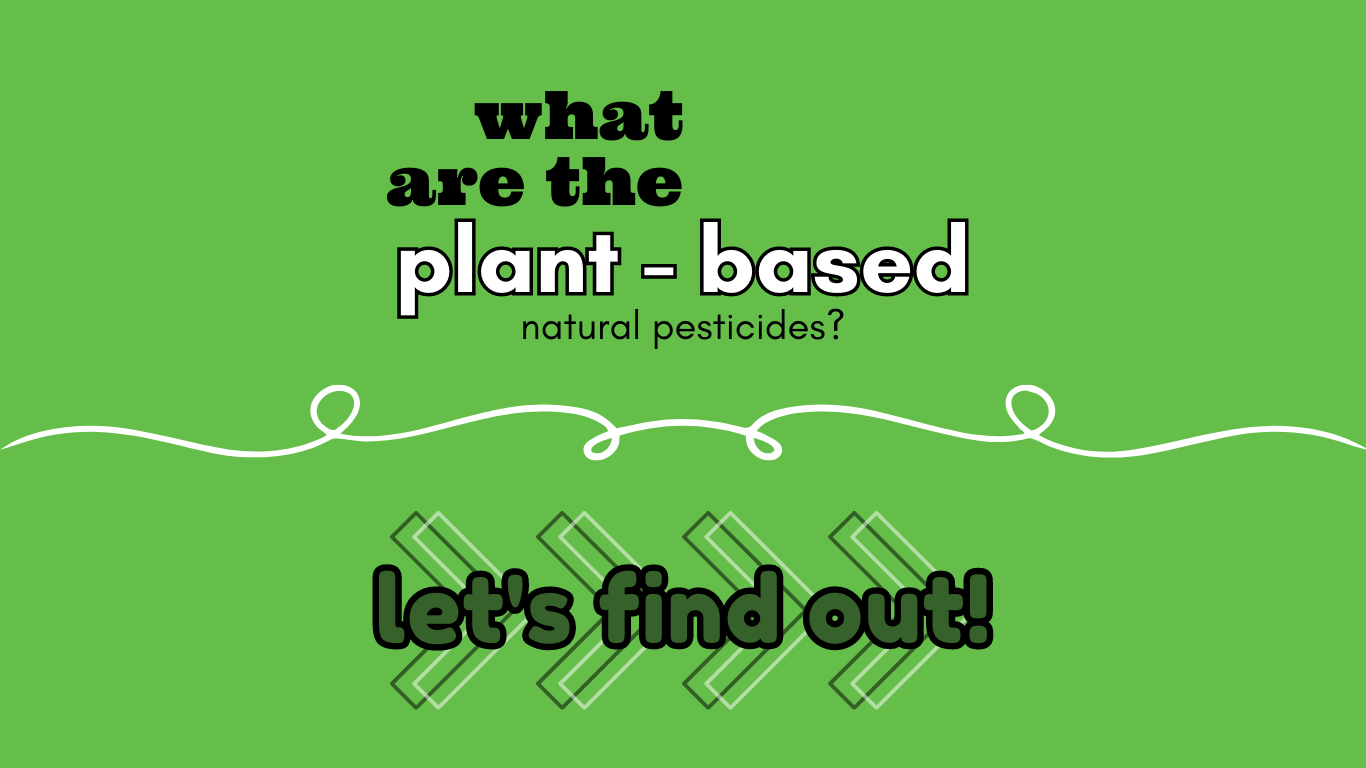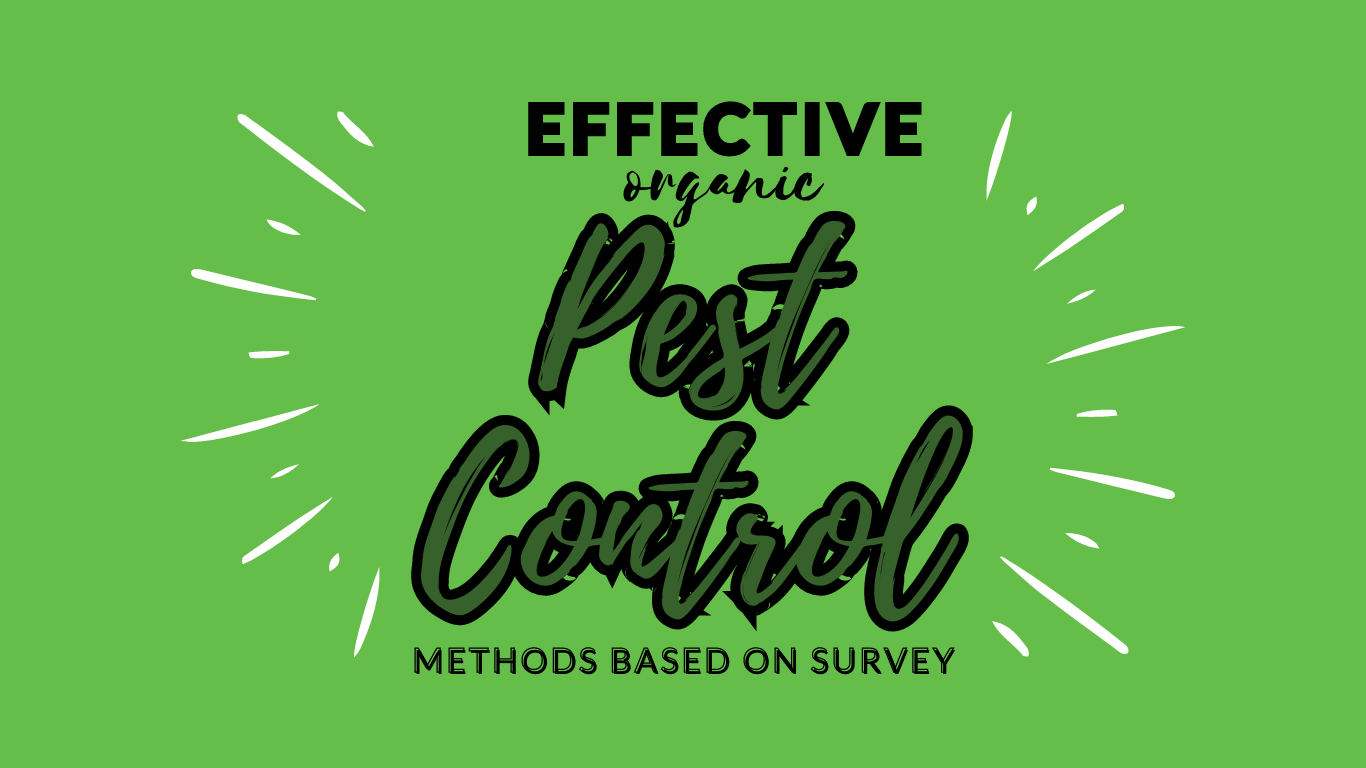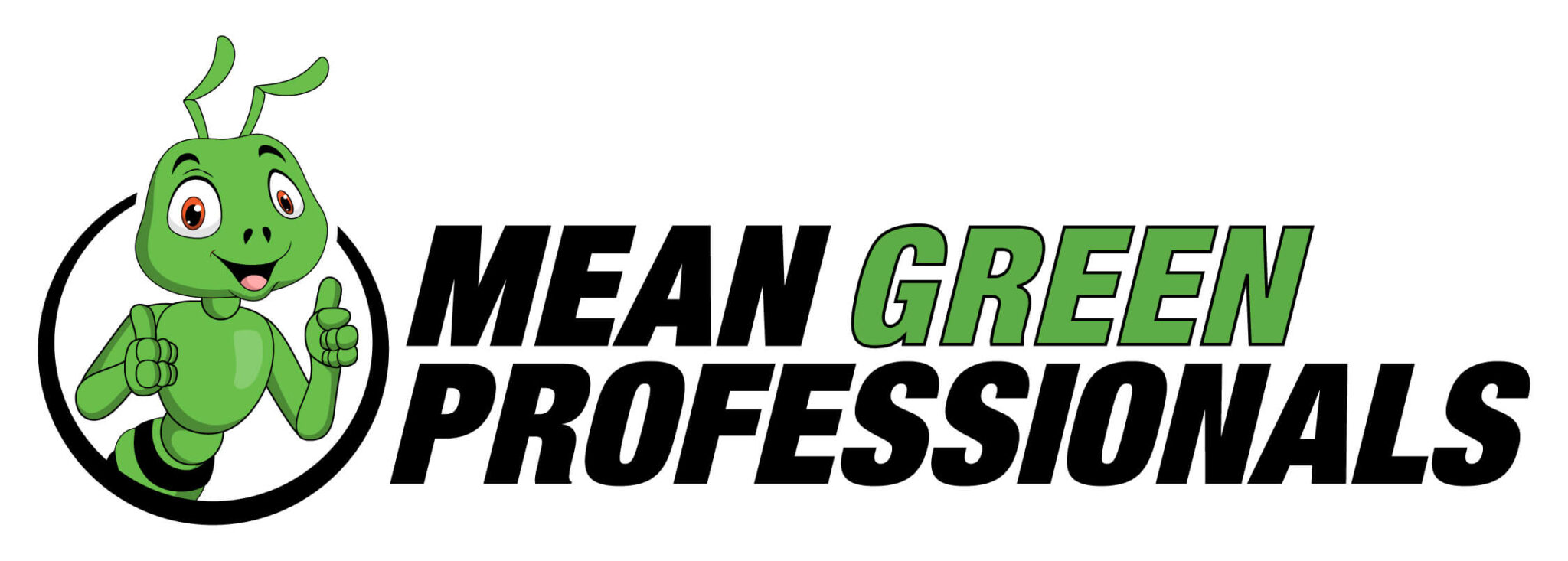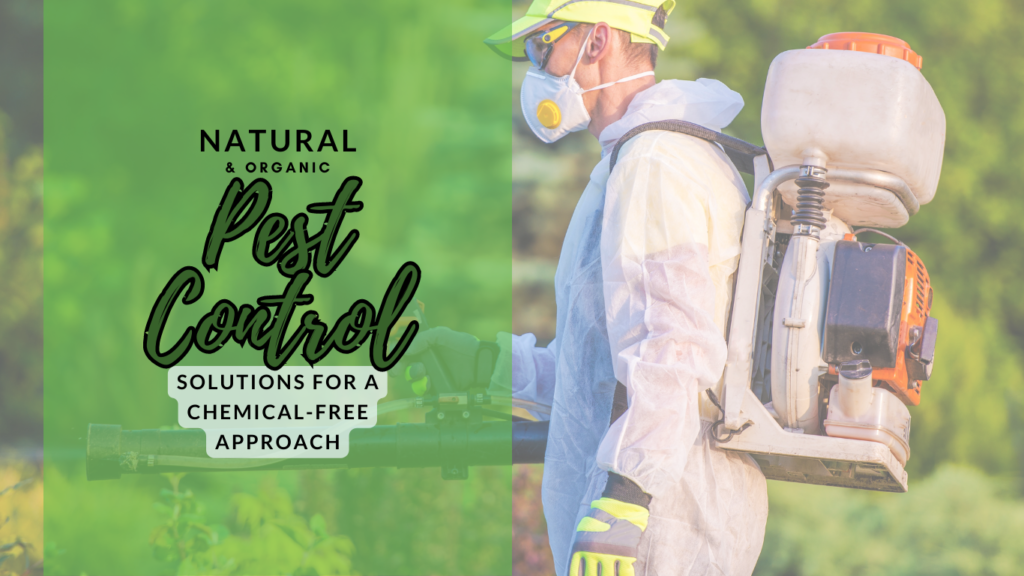
Natural and organic pest control solutions are gaining traction among gardeners and homeowners in Smyrna, Tennessee, who wants to go for green alternatives instead of standard chemical pesticides.
By utilizing such approaches, we can create a healthier ecosystem for plants, beneficial insects, and humans alike while protecting the environment.
In this comprehensive guide, we will delve into various natural and organic pest control solutions that can be easily implemented in your home gardens or commercial spaces.
From encouraging beneficial insects in your garden to exploring homemade remedies for common pests, we aim to provide you with an array of effective techniques that prioritize environmental sustainability.
Moreover, our discussion will encompass preventative measures against insect build-up on plants as well as managing established infestations using safe yet powerful treatments.
We will also explore deer deterrents, organic pesticides like neem oil application precautions, diatomaceous earth applications, and corn gluten meal alternatives.
Lastly, we’ll discuss the importance of companion planting strategies involving resistant varieties alongside crop rotation practices while incorporating insect-attracting plants into your garden design for optimal results.
By implementing these natural and organic pest control methods within your gardening routine or landscape management plan, you can ensure a thriving ecosystem without compromising the health of our planet.
Table Of Contents:
- Beneficial Insects for Natural Pest Control
- DIY Solutions for Organic Pest Control
- Prevent Pests with Organic Pest Control Methods
- Garden Diversity and Pest Resistance
- Plant-Based Natural Pesticides
- Get Rid of Soil-Dwelling Pests with Beneficial Nematodes
- Companion Planting Techniques
- Effective Organic Pest Control Methods Survey Results
- FAQs in Relation to Natural and Organic Pest Control Solutions
- Embrace a chemical-free approach to pest control with natural and organic solutions, safeguarding your home and family while effectively eliminating pests without compromising your health or the environment.
Beneficial Insects for Natural Pest Control
Get rid of pests naturally by introducing helpful insects like ladybugs, praying mantises, and lacewings into your garden.
These insects consume common pests such as aphids, mites, whiteflies, and scale without harmful chemicals.
Attract beneficial insects by planting specific plants like marigolds, cosmos, dillweed, and fennel.
Praying mantis egg cases are another way to introduce beneficial insects into your garden.
Once the egg cases hatch, these predatory creatures can devour a wide array of pesky critters such as aphids, spider mites, and even mice.
Place egg cases in a well-ventilated area with plenty of foliage for newly hatched mantises to climb, and avoid using chemical pesticides that may harm your beneficial insects.
By incorporating organic pest control methods like beneficial insects, you can maintain a healthy ecosystem in your vegetable garden.
DIY Solutions for Organic Pest Control
Organic pest control is a great way to protect your garden without the use of harsh chemicals, and DIY solutions are available for effective results.
Canola Oil Mixture for Lawn Grubs
Mix canola oil, Ivory soap, and water to suffocate lawn grubs without harming beneficial insects.
- Mix 1 cup of canola oil with 1 tablespoon of liquid Ivory soap.
- Add to a gallon of water and shake well before use.
- Spray onto affected areas early in the morning or late afternoon.
Potato Slice Bait for Wireworms
Use potato slices as bait to attract and remove wireworms from your garden.
- Cut potatoes into thick slices or chunks.
- Stick the spuds with sticks and bury them in the dirt around two to three inches deep.
- Leave the baited potatoes in place for a couple of days before checking for wireworms feeding on them.
These organic pest control methods, including companion planting and using beneficial insects, such as ladybugs, can help control pests like squash bugs, tomato hornworms, and cabbage worms in your vegetable garden.
Other remedies include diatomaceous earth, neem oil, and bacillus thuringiensis for spider mites and olive oil for infested plants.
Prevent Pests with Organic Pest Control Methods
Don’t let squash bugs, tomato hornworms, or cabbage worms ruin your vegetable garden – use organic pest control methods instead of harsh chemicals.
Use Lime Sulfur Spray
Applying lime sulfur spray during winter months will deter insect infestations when spring arrives.
Apply Dormant Oil Treatments
Dormant oil treatments are an excellent way to protect your home gardens from insects like spider mites, scale insects, aphids, and whiteflies without harming beneficial insects.
Benefit from Companion Planting
Companion planting is a natural way to control pests by planting certain plants together that repel or attract insects.
Introduce Beneficial Insects
Beneficial insects like ladybugs and lacewings can help control pests in your garden.
Try Diatomaceous Earth and Neem Oil
Diatomaceous earth and neem oil are natural pest control methods that can be used to control a variety of pests.
By using diatomaceous earth and neem oil, you can effectively control pests while maintaining the health of your garden in an environmentally friendly manner.
Garden Diversity and Pest Resistance
Plant a diverse range of species to create a balanced garden ecosystem that promotes plant health without using chemicals.
Plant Variety Selection Tips
- Mix it up: Include flowering plants like marigolds or sunflowers alongside your vegetable crops to attract pollinators and other helpful insects.
- Pest-resistant varieties: Choose plant varieties known for their resistance to common pests.
- Native plants: Incorporate native plants into your garden design whenever possible.
Removing Weak Plants to Prevent Pest Attraction
Regularly remove dead leaves, fallen fruit, and other debris from around your plants to prevent the buildup of hiding spots for pests like slugs or cabbage worms.
- Maintain proper hygiene: This will help prevent the spread of pests to other parts of your garden.
- Routinely inspect: Check your plants regularly for signs of infestation or disease.
- Prune wisely: Proper pruning can improve air circulation around your plants, reducing the likelihood of fungal diseases that attract insects like aphids or spider mites.
Implementing diverse planting strategies can greatly reduce pest pressure in your organic garden without resorting to harmful chemicals.
Plant-Based Natural Pesticides
Organic gardeners use natural pesticides derived from plants for safer pest control.
Neem oil and diatomaceous earth are popular options.
Neem Oil Application Process
Neem oil targets soft-bodied insects like aphids, whiteflies, and spider mites.
- Mix one tablespoon of cold-pressed neem oil with one quart of warm water.
- Add a few drops of mild liquid soap to help the mixture adhere to plant surfaces.
- Spray affected plants thoroughly, covering both upper and lower leaf surfaces.
- Apply the mixture during cooler times of the day, such as early morning or late afternoon.
- Treat infested plants every seven days until pests are eliminated.
Diatomaceous Earth Benefits and Usage
Diatomaceous earth (DE) is effective against ants, slugs, and squash bugs.
- Choose food-grade DE to ensure it’s safe for humans and pets.
- Wear protective gear such as gloves and a mask when handling DE.
- Sprinkle DE around the base of affected plants or directly onto infested leaves.
- Reapply after rain or heavy watering since moisture reduces its effectiveness.
Using plant-based natural pesticides like neem oil and diatomaceous earth can help control pests in your organic garden without harming beneficial insects.
Get Rid of Soil-Dwelling Pests with Beneficial Nematodes
Bye-bye, squash bugs, and cabbage worms, hello beneficial nematodes – the microscopic superheroes of organic pest control methods.
Types of Beneficial Nematodes
- Steinernema spp.: Takes down cutworms, armyworms, and root weevils.
- Heterorhabditis bacteriophora: Targets grubs like Japanese beetles and June bugs.
- Cruznema tripartitum: Controls fungus gnat larvae in potted plants and greenhouses.
Select the appropriate nematode species for your garden’s requirements by researching which kind will be most successful against the pests you’re managing.
Application Methods for Introducing Nematodes
- Mixing with water: Dissolve the nematode powder in the water according to package instructions. Then, spray or drench the soil with the solution, ensuring even coverage.
- Applying to irrigation systems: Introduce beneficial nematodes directly into your irrigation system for a more efficient application process.
- Incorporating into potting mix: Mix the nematode powder directly into your potting soil before planting.
Remember to apply beneficial nematodes during cooler parts of the day and keep the soil moist after application to ensure their survival and effectiveness in controlling pests within your organic garden.
Companion Planting Techniques
Companion planting is a popular organic pest-control technique that strategically places plants in your garden to control pests and enhance overall plant health.
Successful Companion Planting Pairs
- Basil and tomatoes: Basil enhances tomato flavor and repels tomato hornworms.
- Nasturtiums and cabbage: Nasturtiums act as a trap crop for aphids and repel whiteflies and squash bugs.
- Mint and brassicas: Mint deters pests like cabbage worms that commonly attack broccoli, kale, and cauliflower.
- Lavender with fruit trees: Lavender attracts beneficial insects like lacewings while deterring pests such as codling moths.
Tips for Implementing Companion Planting Strategies
Analyze your garden layout: Assess the current layout to determine where companion plants would be most effective in controlling pests.
Implementing organic pest control methods like companion planting, diatomaceous earth, neem oil, and bacillus thuringiensis can help control pests in your vegetable garden without resorting to harmful chemicals.
Effective Organic Pest Control Methods Survey Results
A recent survey found that organic pest control methods like crop rotation, handpicking pests, and neem oil application are effective in controlling pests without harmful chemicals.
Crop Rotation Techniques for Better Pest Management
- Change the location of your crops each season to prevent soil-borne diseases and disrupt the life cycle of pests.
Handpicking as an Effective Strategy Against Various Pests
- Manually removing pests like Japanese beetles and tomato hornworms can keep their population under control.
Growing Resistant Varieties of Squash (Cucurbita Moschata)
- Selecting pest-resistant plant varieties like butternut squash or pumpkin can reduce chemical usage in your organic garden.
Neem Oil Application for Organic Pest Control
- Neem oil, a naturally occurring pesticide, can be employed to fight off numerous insects like aphids and spider mites.
Garden Cleanup Measures Against Cucumber Beetles Invasion
- Maintaining a clean garden can help prevent pest infestations, especially cucumber beetles that may overwinter in garden waste.
FAQs in Relation to Natural and Organic Pest Control Solutions
What are the natural pest control methods?
Natural pest control methods include encouraging beneficial insects, using homemade remedies, and implementing preventative measures.
Some popular techniques involve setting out praying mantis eggs, creating habitats for ladybugs, applying canola oil treatments for lawn grubs, and utilizing companion planting strategies.
These eco-friendly approaches help maintain a healthy garden ecosystem without relying on harmful chemicals.
How effective is organic pest control?
Organic pest control can be highly effective when implemented correctly.
By combining various natural techniques such as attracting beneficial insects, using plant-based repellents like neem oil or diatomaceous earth, and employing physical barriers like floating row covers or deer deterrents, you can achieve long-term management of pests while minimizing environmental impact.
What are the advantages of natural methods of pest control?
Natural methods offer several advantages over chemical pesticides: they’re safer for humans and pets; promote biodiversity by preserving beneficial organisms; reduce the risk of pesticide resistance in pests; minimize groundwater contamination; contribute to healthier soil ecosystems; decrease reliance on non-renewable resources used in synthetic pesticide production; and support sustainable agriculture practices.
Why is natural pest control better than pesticides?
Natural pest control is better than pesticides because it minimizes harm to non-target species (including pollinators), reduces negative environmental impacts (such as water pollution), lowers human health risks associated with exposure to toxic chemicals, prevents the development of pesticide-resistant pests through integrated management strategies that focus on prevention rather than eradication alone.
Embrace a chemical-free approach to pest control with natural and organic solutions, safeguarding your home and family while effectively eliminating pests without compromising your health or the environment.
Natural and organic pest control solutions can eliminate pests without harsh chemicals by encouraging beneficial insects in your garden.
Use environmentally friendly treatments for lawn grubs and implement preventative measures to reduce insect build-up.
Avoid composting affected materials and use B.popilliae and sticky red sphere traps to control various pests.
Target soil-dwelling insects with nematodes and spare earthworm populations.
Attract helpful predators with companion planting and protect your garden from harmful insects by growing resistant plant varieties.
Regular garden cleanup is essential, as well as the application of neem oil as a natural pesticide.
By utilizing these methods, you can have an eco-friendly approach to pest control while still maintaining a healthy garden.
Contact Mean Green Pest Pros today if you want to achieve a natural and organic way of killing pests!
